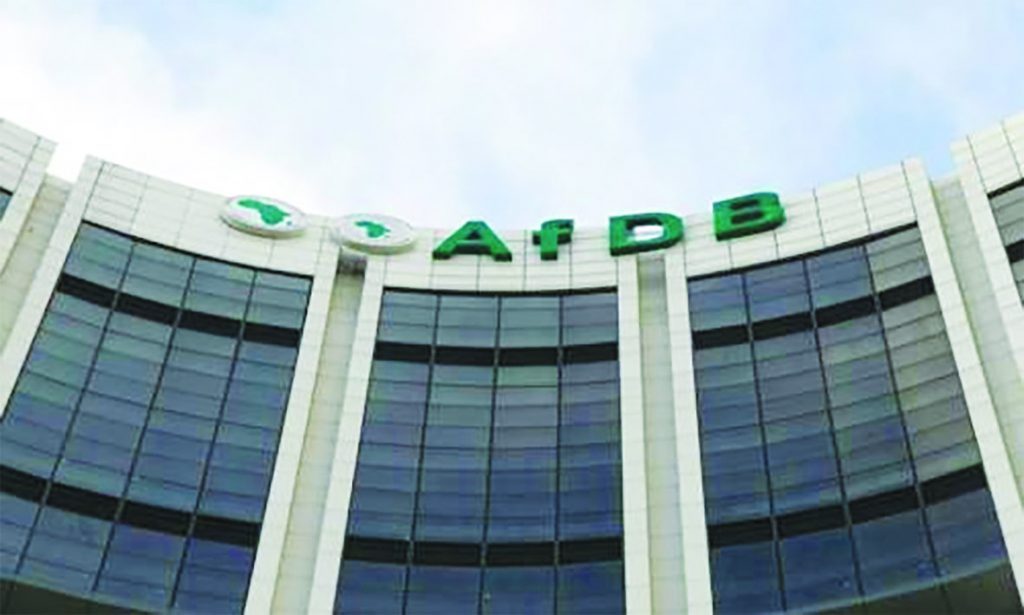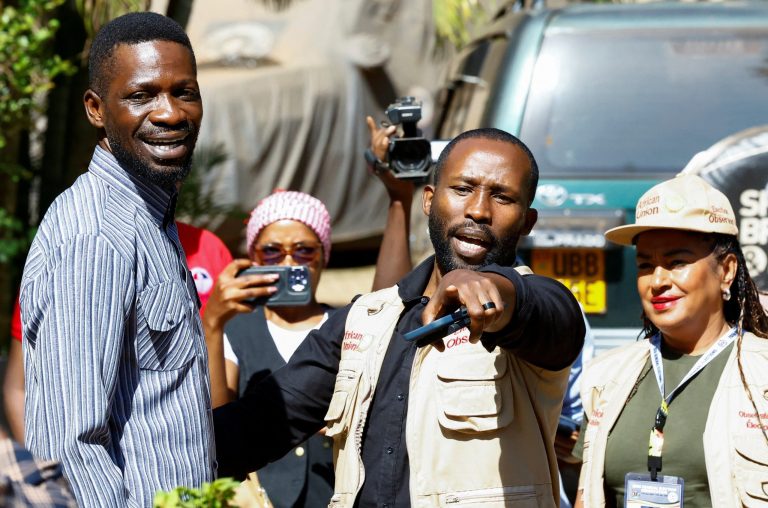
The African Development Bank (AfDB) has approved a $25 million equity investment in The Currency Exchange Fund (TCX), a strategic move designed to bolster access to local currency financing across Africa and protect borrowers from the dangers of foreign exchange volatility.
In a statement released on Thursday, the Bank’s Board of Directors confirmed the approval, positioning AfDB as a major partner in TCX’s efforts to expand currency hedging solutions particularly in fragile states and low-income economies.
TCX, based in Amsterdam, is a specialist fund offering long-term hedging instruments—such as cross-currency swaps and FX forwards for currencies that are largely ignored by commercial banks. Its primary goal is to shield public and private borrowers from the financial shocks that result when loans denominated in U.S. dollars or euros collide with revenues earned in much weaker local currencies.
AfDB described the investment as a critical step toward tackling the root causes of debt distress in Africa. The mismatch between the currencies used to borrow and those used to repay often places significant pressure on national budgets, businesses, and infrastructure projects.
“This transaction will help mitigate the foreign exchange risks faced by borrowers in Africa, particularly those operating in fragile states and underserved markets,” the bank said.
“The Bank’s investment will crowd in additional DFIs and private investors, reinforce Africa’s integration into global capital markets, and support sustainable growth by reducing the mismatch between the currency of debt and revenue for local borrowers.”
The equity injection will expand TCX’s risk-bearing capacity, allowing it to offer more hedging options in illiquid and underdeveloped African currencies. This includes high-risk markets where investors typically demand higher risk premiums or avoid exposure altogether.
Since its inception in 2007, TCX has provided over $17 billion in hedging globally including more than $4 billion across 31 African countries. Currently, 18% of its portfolio is focused on fragile and low-income regions, illustrating its value as a financial stabiliser in volatile environments.
AfDB’s Director of Financial Sector Development, Ahmed Attout, said the investment is consistent with the bank’s wider mission to deepen capital markets and foster inclusive, sustainable economic growth.
“This marks an important milestone in the Bank’s effort to deepen African capital markets and address the root causes of debt distress,” Attout stated.
“The Bank’s support to TCX will unlock local currency financing for MSMEs, infrastructure, and many sectors across Africa… through innovative alternative solutions.”
Target Sectors: From Microfinance to Infrastructure
AfDB said its partnership with TCX will support hedging services in key sectors including:
- Infrastructure financing
- Energy access initiatives
- Debt management offices
- Public development banks
- Microfinance institutions
- SME support programs
By enabling more predictable, long-term financing, the fund helps to de-risk investment and promote stability in markets that have long been seen as too volatile for institutional investors.
TCX CEO Ruurd Brouwer hailed the African Development Bank as a critical addition to the fund’s capital base, joining a pool of development finance institutions, impact investors, and donor governments already backing its work.
“We are thrilled to welcome AfDB as a shareholder. This marks the start of a close partnership to protect African borrowers from currency risk and promote the development of African capital markets,” Brouwer said.
“We look forward to increasing our joint impact across the continent.”
The investment is in line with the AfDB’s 2024–2033 strategy, which prioritises financial innovation, market deepening, and inclusive economic transformation. It also complements the bank’s existing initiatives like:
- Local currency bond issuances
- Credit guarantee schemes
- Private sector lending in local currencies
Analysts say this kind of financial engineering is vital to Africa’s development journey reducing reliance on hard currency debt, insulating economies from currency shocks, and attracting more long-term investment.



